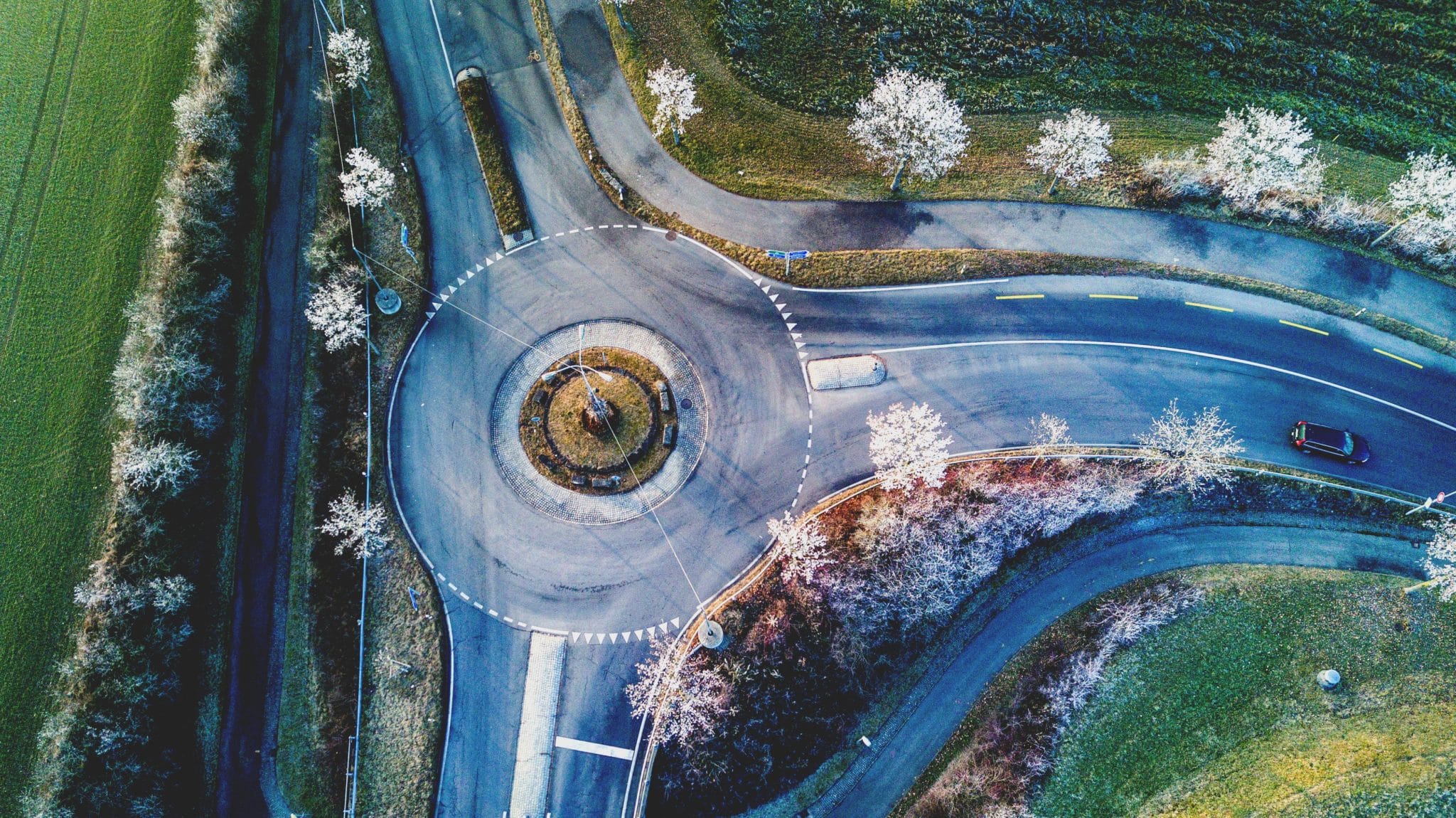
Use your data to map content onto your customer journey
Once you have personas for your major customer segments, you can create customer journeys for them. We’ve written previously on the basics of customer journeys and content mapping. If you’re new to the concept, learn more about mapping content to customer journeys.
Gather your data
Go back to the interviews and online survey responses to start piecing together your audience journeys. Some content elements are quite straightforward, while others will require some creative thinking and extrapolating. Begin with one persona – let’s call her Sue – and work your way across the customer journey considering each of the following content elements:
| Content Element | Purpose | Interview & Survey Responses |
| Content experience | How does Sue want to experience content at each stage of her journey? | Personal insights on how Sue accesses information. |
| Topics | What does Sue want to know about at each journey stage? | List of priority topics |
| Types and formats | What types and formats does Sue prefer at each stage? | List of preferred types and formats |
| Messages – Emotional | What makes Sue feel good about doing business with you? | Personal values |
| Messages – Intellectual | What are Sue’s product / service needs? | Values regarding product/service |
| Triggers | What makes Sue take action at each stage? | Priority tasks Motivations |
| Channels | Where does Sue want to get information? | List of preferred channels |
Once you’ve gathered your data, and mapped it to the customer journey, you should share your results with internal stakeholders and assess them against your business strategy before translating them into content requirements.
Learn more about how your content team can use this tool to create content requirements.
Further reading
Content Mapping: Understanding content elements
Content Mapping: Mapping content to customer journeys